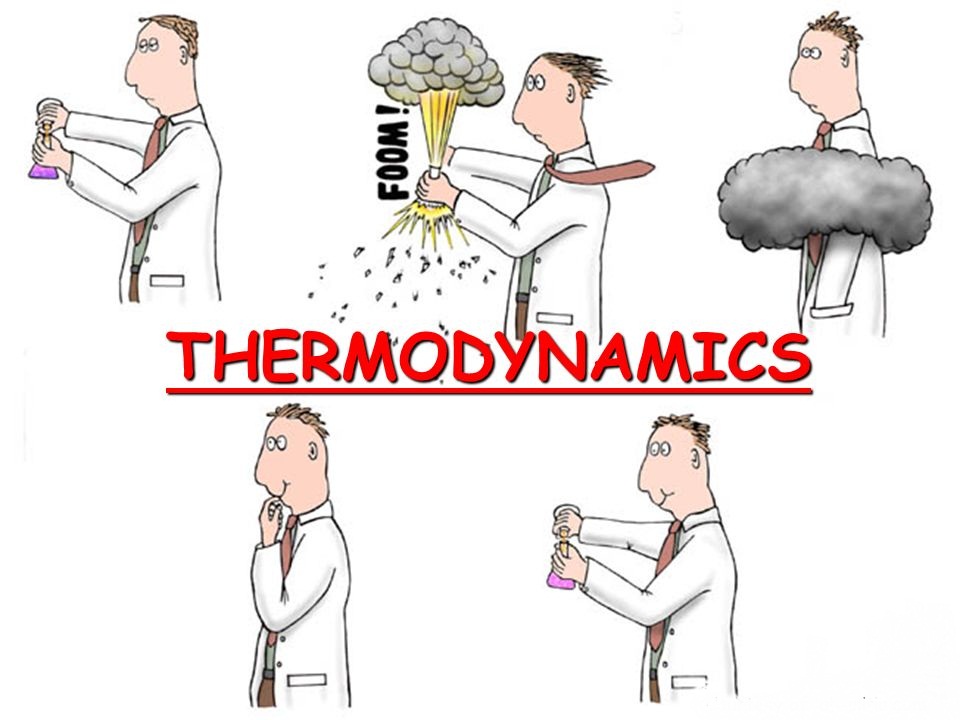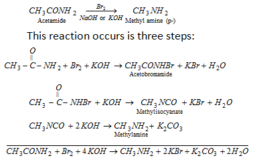Henry’s law

source : scied.ucar.edu
Henry’s Law —
This law gives a relationship between solubility of a gas & its pressure . According to this law,
“The mass of a gas dissolved per unit volume of the solvent at a given temperature is proportional to the pressure of the gas in equilibrium with the solution.”
![]()
m =mass of gas, p =pressure of gas,K = proportionality constant
m = K p
Factors affecting ‘K’ –
a) Nature of gas
b) Nature of solvent
c) Temperature
d)Unit of pressure
When solubility of gas is plotted against pressure at a given temperature, a straight line passes through origin is obtained.

Straight line graph shows the validity of Henry’s law.
When a number of gases are present in the solvent then according to Henry’s law,
x2 p2
x2 =K’ p2
p2 =K x2 ( K =1/K’ )
x2 = mole fraction of gas
p2= partial pressure of gas
K =Henry’s law constant
Alternatively Henry’s law is,
The pressure of a gas over a solution in which the gas is dissolved is directly proportional to the mole fraction of the gas.
Limitations –
- Pressure is not high .
- Temperature is not too low.
- The gas is not highly soluble .
- The gas neither reacts chemically with solvent nor dissociate or associate in the solvent.







